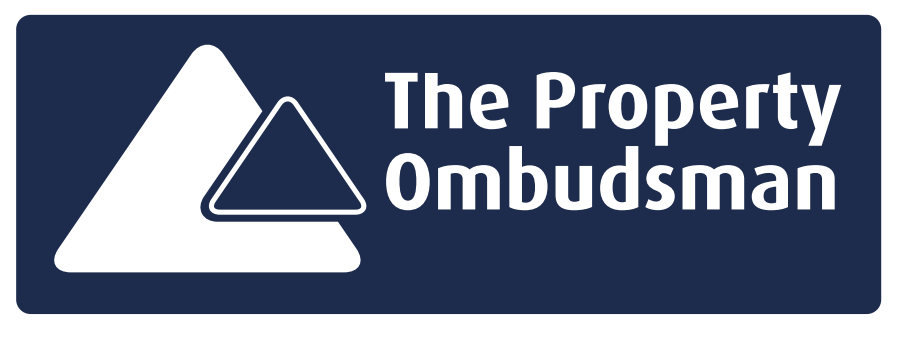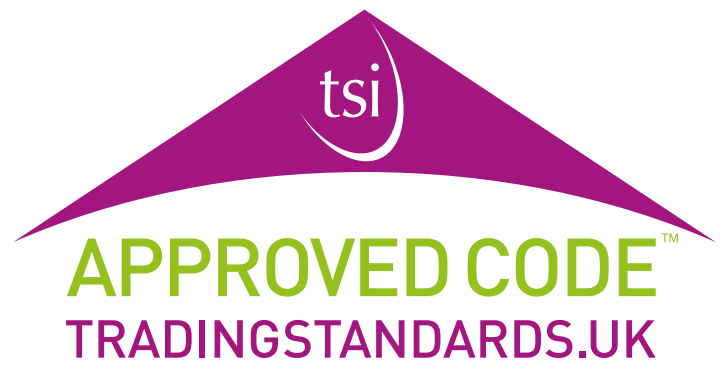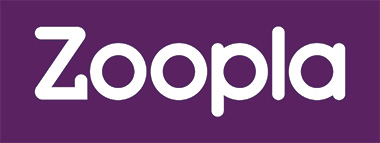Give us a call 01702 462455
Open 7 days until 9pmGive us a call 01702 462455
Open 7 days until 9pm It is important when letting your property to be aware of the rights and responsibilities that are created by this kind of agreement. As well as the legal responsibilities of becoming a landlord, there are several other areas that must be considered when letting your property.
It is important when letting your property to be aware of the rights and responsibilities that are created by this kind of agreement. As well as the legal responsibilities of becoming a landlord, there are several other areas that must be considered when letting your property.
THE GAS SAFETY (INSTALLATION & USE) REGULATIONS 1998
Under the above regulations, it is the landlord's responsibility to ensure that all gas appliances and the fixed installation are maintained in good order and checked for safety at least every 12 months by a Gas Safe registered engineer.
THE ELECTRICAL SAFETY STANDARDS
In the Private Rented Sector (England) Regulations 2020 came into force on 1 June 2020 and apply to all tenancies created on or after that date in England from 1 July 2020. These new regulations require landlords to have the electrical installations in their properties inspected at least every 5 years and tested by a person who is qualified and competent. Landlords will also have to provide a copy of the electrical safety report to their tenants as well as to the local authority if requested.
THE ELECTRICAL EQUIPMENT (SAFETY) REGULATIONS 1994
The landlord is legally responsible for ensuring that the electrical installation and all appliances within the property are maintained in good order and regularly checked for safety by an appropriate registered engineer.
THE SMOKE AND CARBON MONOXIDE ALARM (ENGLAND) REGULATIONS 2015
The Landlord is legally responsible for installing and maintaining working smoke alarms on every floor of the property as well as carbon monoxide alarms in any room with a solid fuel combustion appliance. The Landlord is also responsible for ensuring that each alarm is in proper working order at the start of the tenancy and that all checks are documented.
FURNITURE AND FURNISHINGS (FIRE) (SAFETY) REGULATIONS 1988 AND (AMENDMENT) 1993
All furniture in the property to be let must comply in all respects with the above Regulations.
Mortgage
If your property is mortgaged or you have a loan secured on the property, then you should obtain written consent from your lender prior to commencing with the letting. They may require additional clauses in the tenancy agreement of which you must inform us and they will often charge a fee for giving their consent for the letting to take place.
In regard to mortgage payments, we recommend that these are always paid directly by you via standing order.
Leasehold Property
If you are a leaseholder you should check the terms of your lease and obtain the necessary written consent from the Freeholder or the Management Company for the building before letting your property.
Insurance
You must ensure that you are suitably covered for letting your property under both your buildings and contents insurance by informing your insurance company of any proposed letting. It is also wise to inform them that you will be instructing a letting agent to manage the property if that is the case. Remember that failure to inform your insurers of such information may invalidate any policy that you hold.
You will also need to make sure that your insurance policy covers you for public or third party liability. This covers claims against you arising from accidents due to defects at your property. There are several specialist insurance products available for landlords that cover, for example, any legal expenses incurred from taking legal action against a tenant.
Rental Guarantee Scheme
When you sign up to our full management service you automatically qualify for this excellent scheme that offers you the landlord total peace of mind in relation to the receipt of rents from your tenant. This service is free for the first 6 or 12 month term. Please advise us if you wish to extend this cover for a small one off fee.
Council Tax
Every property in the UK has a yearly council tax rate that is calculated using the value of the property, the number of occupants and the financial status of those occupants. It is the responsibility of the tenant or tenants to pay council tax due on a property. There are exemptions and reductions available to single occupants and students upon application to the local council.
As part of our service, we arrange for the transfer of council tax to the tenant and between successive tenants.
Utilities
Under our tenancy agreements it is usually the responsibility of the tenant to arrange and pay for utility services such as gas, electricity, telephone and television licence. Unless you specify otherwise the tenant will also be responsible for paying for the supply of water to the premises.
We will arrange for the transfer of utility accounts to the tenant and between tenants if your property is let again. Meter readings will be taken at the start and end of each tenancy allowing for closing gas and electricity accounts to be drawn up. We will handle all these matters for you, but it is usual for telecommunication providers to require instructions direct from both the landlord and tenant.
As landlord you are also responsible for all standing charges whilst the property is not subject to a tenancy agreement.
Income Tax
If you reside in the UK then it is your responsibility to inform the Inland Revenue of any rental income received and to pay any tax due on it. Before taking the decision to let your property, it is advisable to consult an accountant who can offer professional advice on tax matters. This will usually save you money in the long term. It is also useful to remember that income tax on rental incomes is charged on the profit received after the deduction of allowable expenses.
If you are not residing in the UK during the tenancy then we, as your agents, are required to deduct basic rate tax from any rent we collect on your behalf. You can apply to the Inland Revenue for an exemption certificate depending on your current tax situation.
Tenancy Agreement
This is the legal document that specifies the terms and conditions that bind both landlord and tenant as parties to the agreement. It is effectively a contract between the landlord as owner of the rental property and the tenant for possession and use of the property in exchange for the payment of rent. We mostly produce Assured Shorthold Tenancy agreements for our landlords and these usually begin with a fixed initial period of 6-12 months. We provide a comprehensive drafting service to make sure that your tenancy agreement covers every eventuality that may occur during the tenancy.
Inventory
It is most important that an inventory of contents and schedule of condition be prepared, in order to avoid misunderstanding or dispute at the end of a tenancy. Without such safeguards, it will be impossible for you to prove any loss, damage, or significant deterioration of the property or its contents. In order to provide a complete service, we will arrange for the preparation of an inventory and schedule of condition.
Preparing your property
Whether we manage your property or you choose one of our non-management services, it is important that your tenant feels comfortable in their new home and feels that they are receiving value for their money. A well-maintained property in good decorative order will help towards a smooth-running tenancy. This will also have a positive impact in the form of a potentially higher rental figure. Moreover, we have found that tenants are more inclined to treat a nicely presented property with greater respect.
Building and Structural Condition
As landlord you are legally responsible to keep in repair the structure and exterior of the property and keep in repair and proper working order the installations in the property for the supply of water, gas, electricity, sanitation and for space and water heating. Repairs and maintenance are at the landlord's expense unless misuse can be established. Also, interior decorations should be in good clean condition and preferably plain, light and neutral.
Furnished or unfurnished
The majority of properties on the letting market are 'unfurnished'. A good working definition of this term is that it will usually include carpeting or flooring, curtains / blinds and a cooker. A 'partly furnished' property will usually contain the usual 'white good' kitchen appliances such as washing machine and fridge. We recommend that you leave only minimum furnishings and that these should be of reasonable quality. Any items to be left should be in the property during viewings. Personal possessions such as ornaments, pictures and books should definitely be removed from the premises, especially those of financial or sentimental value. Some items may be boxed, sealed and stored in the loft at the owner's risk. All cupboards and shelf space should be left clear for the tenant's own use.
Gardens
Gardens should be left neat, tidy and rubbish free, with any lawns cut. Tenants are required to maintain the gardens to a reasonable standard, provided they are left the necessary tools. However, if you have very high standards for your garden or if it is particularly large then you may wish for us to arrange visits by a regular gardener.
Cleaning
At the commencement of the tenancy the property must be in a thoroughly clean condition, and at the end of each tenancy it is the responsibility of the tenant to leave the property in a similar condition. Where they fail to do so, cleaning will be arranged at the tenant's expense.
Information for the Tenant
It is helpful to the Tenant if you leave a 'useful information' folder for them containing manuals and documentation for operating the central heating, hot water system, washing machine and any alarm system. It is also good to include details of when the refuse is collected.
Keys
You should provide one set of keys for each tenant. Where we will be managing your property, we will arrange to have duplicates cut as required.





